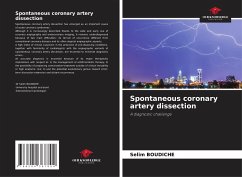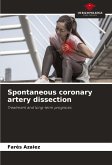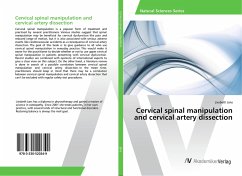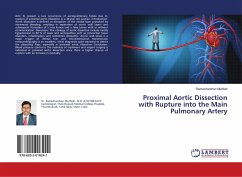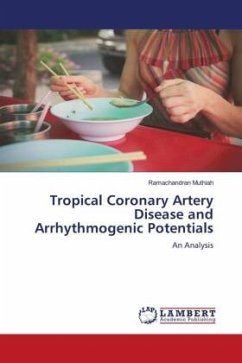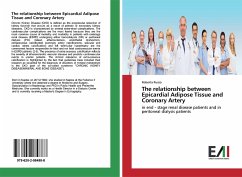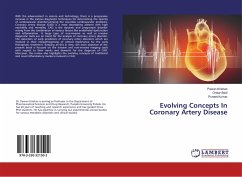Spontaneous coronary artery dissection has emerged as an important cause of acute coronary syndromes.Although it is increasingly described thanks to the wide and early use of coronary angiography and endocoronary imaging, it remains underdiagnosed because of two main difficulties: its terrain of occurrence different from conventional coronary disease and its often atypical angiographic aspects.A high index of clinical suspicion in the presence of pre-disposing conditions, together with familiarity of cardiologists with the angiographic variants of spontaneous coronary artery dissection, are essential to minimize diagnostic errors.An accurate diagnosis is essential because of its major therapeutic implications with respect to: 1) the management of antithrombotic therapy; 2) the possibility of proposing conservative treatment outside of clinical instability or high anatomic risk; 3) and the potential evolutionary genius toward short-term dissection extension and distant recurrences.

